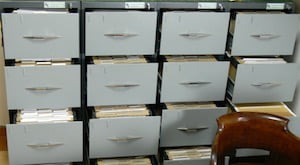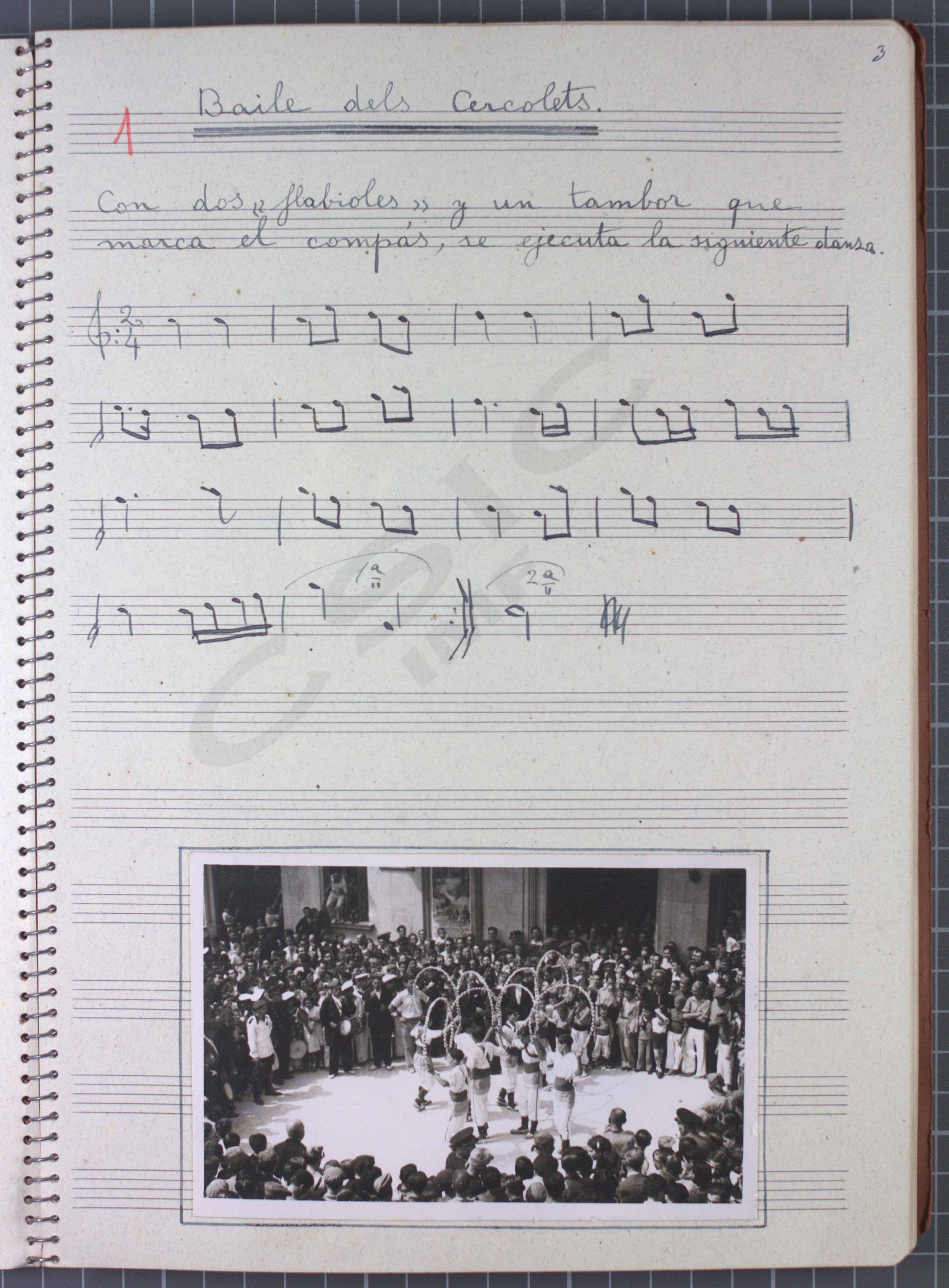Precedents
Catalonia is extremely rich in terms of its musical heritage, both with regard to the compositional repertoire of its kapellmeisters, organists and musicians that is conserved in numerous archives and libraries, as well as the huge variety of its iconographic repertoire with musical representations preserved in the main museums of Catalonia, and also in terms of the musical repertoire of the oral tradition, which was the subject of numerous folkloric missions in the first half of the 20th century and which is conserved in various documentary repositories.
The first programmes aimed at restoring the musical history and legacy of Catalonia focused on identifying and studying folk songs by researching materials from oral tradition, and on the publication of the first studies and editions of the musical repertoire acquired and conserved by the country’s main archives and libraries. The first decade of the 20th century sparked a new awareness of the importance of heritage that inspired the first endeavours to identify, preserve and study the historical, documentary and artistic heritage of Catalonia. Three leading institutions were founded in order to contribute to this conservation and study of heritage: the Board of Museums of Catalonia (Junta de Museus de Barcelona, 1907), the Institute for Catalan Studies (Institut d’Estudis Catalans, 1907) and the Library of Catalonia (Biblioteca de Catalunya, 1911), which were empowered by the Commonwealth of Catalonia (1914-1923), and which received support from such major figures as Enric Prat de la Riba, Josep Pijoan i Soteras and Josep Puig i Cadafalch.
“Ball de cercolets” (1946), Vilafranca del Penedès. Fons de Música Tradicional IMF-CSIC, CONCURSO C16-01. Notebook presented by Josep Maideu i Auguet (1893-1971) about the Great Festivities of Vilafranca in 1946.

Musical collecion of Canet de Mar (CMar, Arxiu parroquial de l’església de Sant Pere i Sant Pau de Canet de Mar).
In the field of Musicology, the appearance of figures like Felip Pedrell (1841-1922) and Francesc Pujol (1878-1945) helped to foster heritage awareness from pioneering institutions such as the Catalan Choral Society (Orfeó Català) (1891) and the Library of Catalonia (1907). After the Spanish Civil War (1936-1939), and thanks to the leadership of such figures as Higini Anglès (1888-1969) and Miquel Querol (1912-2002), the study of music history entered Catalan universities as part of a process that Oriol Martorell (1927-1996) and Francesc Bonastre (1944-2017) would subsequently lead from the UB and the UAB respectively. The scientific and social recognition of Musicology led to the emergence of new institutions that promoted its studies and research, such as the Spanish Musicology Institute (1943), the Barcelona Music Museum (1946), the UAB Musical Documentation Centre (1973), the Catalan Musicology Society at the IEC (1974) and the Josep Ricart i Matas Institute of Musicology (1980).

